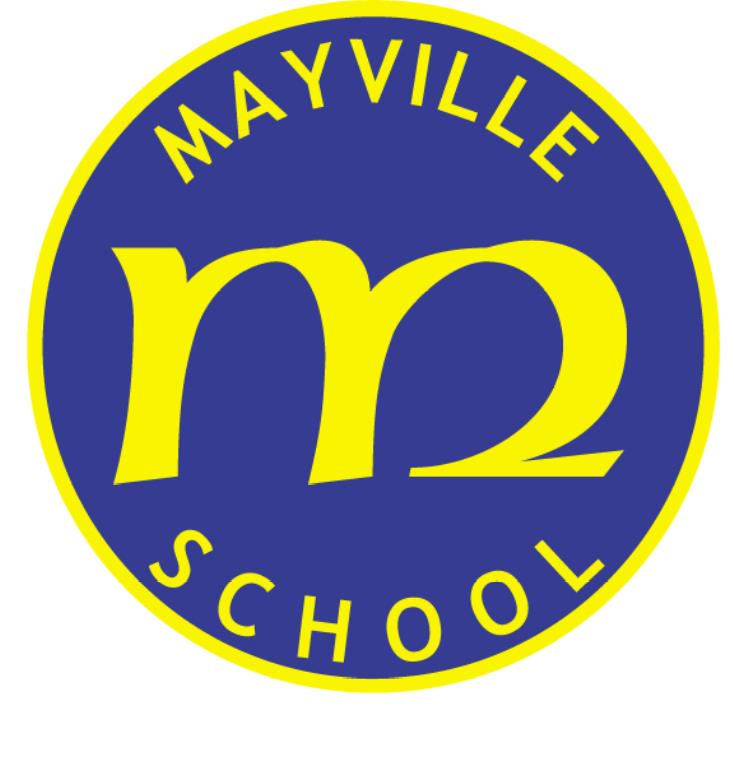Computing

Intent
- To develop pupils’ appreciation of technology and the opportunities it offers to create, manage, organise, and collaborate.
- To develop pupils’ confidence when encountering new technology.
- To be digitally competent and to have a range of transferable skills at a suitable level for the future workplace.
- To be responsible online citizens.
Implementation
The National curriculum purpose of study states:
‘The core of computing is computer science, in which pupils are taught the principles of information and computation, how digital systems work, and how to put this knowledge to use through programming. Building on this knowledge and understanding, pupils are equipped to use information technology to create programs, systems, and a range of content. Computing also ensures that pupils become digitally literate – able to use, and express themselves and develop their ideas through, information and communication technology – at a level suitable for the future workplace and as active participants in a digital world’.

To that end, our scheme of work is designed with three strands which run throughout:
- Computer science
- Information technology
- Digital literacy
Our Curriculum Overview shows which of our units cover each of the National curriculum attainment targets as well as each of these three strands.
Our Progression of Skills document shows the skills that are taught within each year group and how these skills develop year on year to ensure attainment targets are securely met by the end of each key stage.
Our scheme is organised into five key areas, creating a cyclical route through which pupils can develop their computing knowledge and skills by revisiting and building on previous learning:
- Computer systems and networks
- Programming
- Creating media
- Data handling
- Online safety
The implementation of our scheme ensures a broad and balanced coverage of the National curriculum requirements, and our ‘Skills showcase’ units provide pupils with the opportunity to learn and apply transferable skills. Where meaningful, units have been created to link to other subjects such as science, art, and music to enable the development of further transferable skills and genuine cross- curricular learning.
Lessons incorporate a range of teaching strategies from independent tasks, paired and group work as well as unplugged and digital activities. This variety means that lessons are engaging and appeal to those with a variety of learning styles. Differentiated guidance is available for every lesson to ensure that lessons can be accessed by all pupils and opportunities to stretch pupils’ learning are available when required. Knowledge organisers for each unit support pupils in building a foundation of factual knowledge by encouraging recall of key facts and vocabulary.
Strong subject knowledge is vital for staff to be able to deliver a highly effective and robust computing curriculum. Each of our units of lessons include teacher videos to develop subject knowledge and support ongoing CPD. Further CPD opportunities can also be found via webinars with Computing subject specialists.
Impact
- Our pupils will have an appreciation of technology and the opportunities it offers to create, manage, organise, and collaborate.
- Our pupils will be confident when they encounter new technology.
- Our pupils will be digitally competent and will have a range of transferable skills at a suitable level for the future workplace.
- Our pupils will be responsible online citizens.
